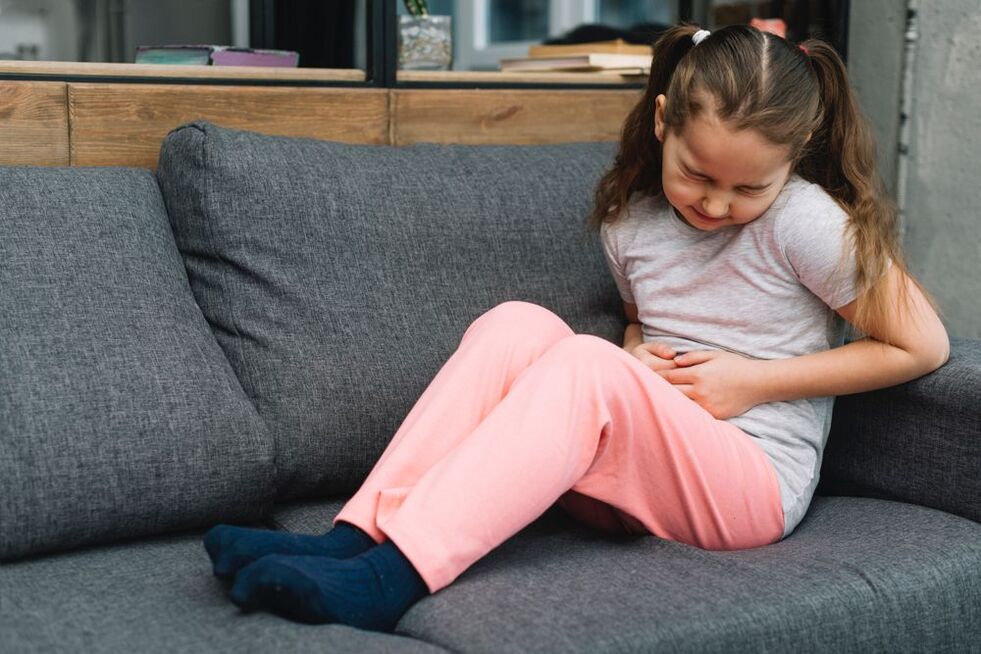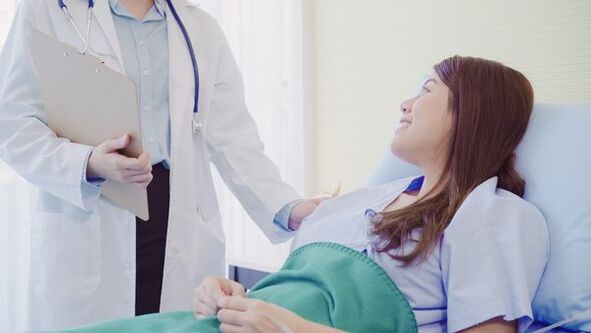
It is an unpleasant disease that women are more likely to suffer from. Cystitis occurs due to inflammation of the mucous membrane of the bladder, which occurs against the background of a bacterial infection.
Without treatment, urological disease can become chronic and lead to changes in the bladder tissue, leading to the development of serious diseases.
Causes of cystitis
Cystitis can be caused by a decrease in general immunity, chronic stress, the beginning of sexual activity, narrowing of the urethra, hypothermia, retention of urine in the bladder (the habit of persevering to the end), unbalanced nutrition, hormonal disorders, pregnancy, childbirth, operations on the urinary organs.
Another reason is medication. Cystitis can be caused by a decrease in general immunity, chronic stress, the beginning of sexual activity, narrowing of the urethra, hypothermia, retention of urine in the bladder (the habit of persevering to the end), unbalanced nutrition, hormonal disorders, pregnancy, childbirth, operations on the urinary organs.
Bladder inflammation can also react to certain allergens in the body. Cystitis is the most common in women. This is due to the physiological characteristics of the female sexual structure. The urethra is close to the entrance to the vagina and anus. Therefore, it is very important to constantly monitor the quality of intimate hygiene.
Symptoms of cystitis
- frequent urge to urinate - pain and burning sensation in the urethra during the urination process, as well as a feeling of incomplete emptying of the bowel.
- pain in the lower abdomen - there is a feeling of overcrowding of the bladder. A sign of cystitis is itching and burning in the perineum. In some cases, patients do not attach importance to pain and discomfort, if they are not too pronounced. This can lead to chronic diseases and complications.
- the appearance of pathological impurities (mucus, blood, pus) in the urine - the color of the urine can vary from pale pink to brick. The presence of impurities indicates the presence of a virus in the human body. With the development of cystitis, sharp pain can appear in the urethra.
How does cystitis manifest itself during pregnancy?
During the period of childbearing, the protective functions of the immune system decrease in women. Therefore, when a pathological organism enters the body, it causes an inflammatory process much faster.
The development of cystitis is facilitated by the peculiarities of female physiology. The shorter and wider shape of the urethra and the proximity of the vagina and intestines contribute to the rapid transfer of infections from neighboring organs.
With this disease, the walls of the bladder become inflamed, which leads to a violation of its functions. The symptoms of cystitis are quite specific - it is difficult to confuse them with other pathologies. A woman may experience frequent, painful urination, blood in the urine, and fever.
First of all, a woman should visit a urologist. He prescribes the necessary tests, examinations and advises you to attend further consultation with a gynecologist. This allows you to rule out the presence of genital infections that can lead to bacterial vaginosis, colpitis, oral thrush.
How to treat cystitis in pregnant women? Diet, immunity and hormonal status improve, blood circulation improves. After that, the fight against pathogens (E. coli, Candida fungi, STIs, viruses) must be started, and the damaged structure of the bladder must be restored.
Cystitis in children

Given the basic anatomical differences between the sexes, cystitis occurs almost 4-10 times more often in girls than in children of the opposite sex.
Signs of pathology in children are varied. There are pains during urination, in the urethral canal, in the lower abdomen or in the side. In addition, there may be an increase in the number of urinations, as well as previously undetected urinary incontinence and leakage.
Children show capriciousness, which increases during urination and defecation. At the same time, the appetite is disturbed, anxiety appears if you have to sit on the potty due to the fear of pain, burning, pain. Poisoning of the body occurs, which manifests itself in increased body temperature and chills.
Clinical manifestations vary depending on the age of the child. In young children, general symptoms predominate. In addition, children are not always able to indicate what worries them when they are young. In older children, the signs of poisoning can no longer be observed, here urinary disorders and pain syndrome come to the fore.
Types of cystitis
There are several classifications of the pathology: the course, the type of inflammation, according to the causes. We deal in more detail with the classification according to the course of the disease.
- Acute cystitisappears a few hours after the body is exposed to the harmful factor. The inflammatory process has pronounced symptoms and is prone to progression. If acute cystitis is not treated or inadequate therapy is used, there is a high probability of developing a chronic form.
- Subacute cystitishas a blurred clinical picture. Symptoms are mild or absent. It can only be accompanied by pain and urinary disturbances, while the symptoms of poisoning of the body (fever, pain, chills) do not appear.
- Chronic cystitisoccurs due to untreated acute cystitis. It is characterized by a slow course, the symptoms are unexpressed, sometimes completely asymptomatic. That is, the inflammatory factor in the bladder persists without giving up, but at some point there is a sharp aggravation with all the following consequences: frequent and painful urination, burning sensation, itching, cloudy urine, malaise, etc.
Diagnosis of pathology
A urologist deals with the diagnosis and treatment of cystitis. Only a specialist knows how to properly treat this disease in order to avoid chronic inflammation and damage to health.
You can go to the nearest clinic for examination and diagnosis. However, this takes time as you have to wait 2-3 weeks for a doctor's appointment. But in the presence of acute or subacute cystitis, time is the most valuable resource. Therefore, the best solution is to contact a specialized medical clinic. You can apply for an examination here and see a specialist in the near future.
The urologist assesses your general state of health, asks about past illnesses, frequency of urination and medications taken. The specialist then examines the abdomen and kidney area, and the lower back.
Cystitis in men - looks through and feels the genitals. Examines the prostate - rectally.
Cystitis in women - evaluates the condition of the mucous membrane, female genital organs, examines the bladder and urethra.
The following tests may be required to establish a diagnosis:
- general urinalysis
- urinalysis according to Nechiporenko
- bacteriological examination of urine
- cystoscopy
- Ultrasound of the bladder and abdominal organs, including the kidneys
How is cystitis treated?

After the repeated discussion with the urologist and the diagnosis, the specialist prescribes an individual treatment program, which includes drugs for the treatment of cystitis. It depends on the disease itself and the extent of its course.
The following principles should be followed in the treatment of cystitis:
- bed rest or semi-bed rest during the entire duration of the acute symptoms of the disease.
- medical food. The cystitis diet should be lacto-vegetarian, that is, dairy products, vegetables and fruits should dominate the patient's daily diet. The consumption of fried, spicy, salty and spicy foods, as well as alcoholic beverages, is strictly prohibited.
- antibiotic therapy. Inflammatory processes can be treated with antibacterial and anti-inflammatory agents. Antibiotics against cystitis are first prescribed with a broad spectrum of action, and then after receiving the results of the urine culture and antibiogram. An antimicrobial drug is used, to which the causative agent of cystitis is sensitive.
- pain therapy. In case of severe pain in the bladder, patients are prescribed pain relievers and antispasmodics.
- physiotherapy treatment (electrophoresis, phonophoresis, inductothermy, UHF and others).
We recommend that you do not self-medicate under any circumstances, but consult a urologist in such a delicate case. Make an appointment with a urologist and make sure your problems stay outside the walls of the clinic.
























